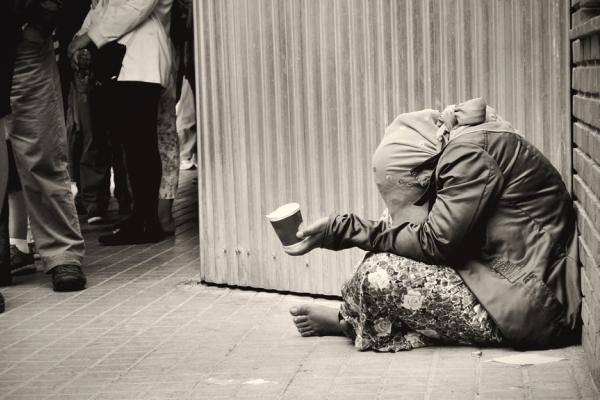Apr 25, 2016
I don’t practice the corporal works of mercy.
The realization left me stunned. As I sat in a cluster of retreatants I thought about what that meant. Sure, I donate money to various charities, participate in food drives, and donate clothes that I no longer need, but I do not practice the corporal works of mercy — I have other people or institutions do it for me.
Read the Full Article

Already a subscriber? Login
